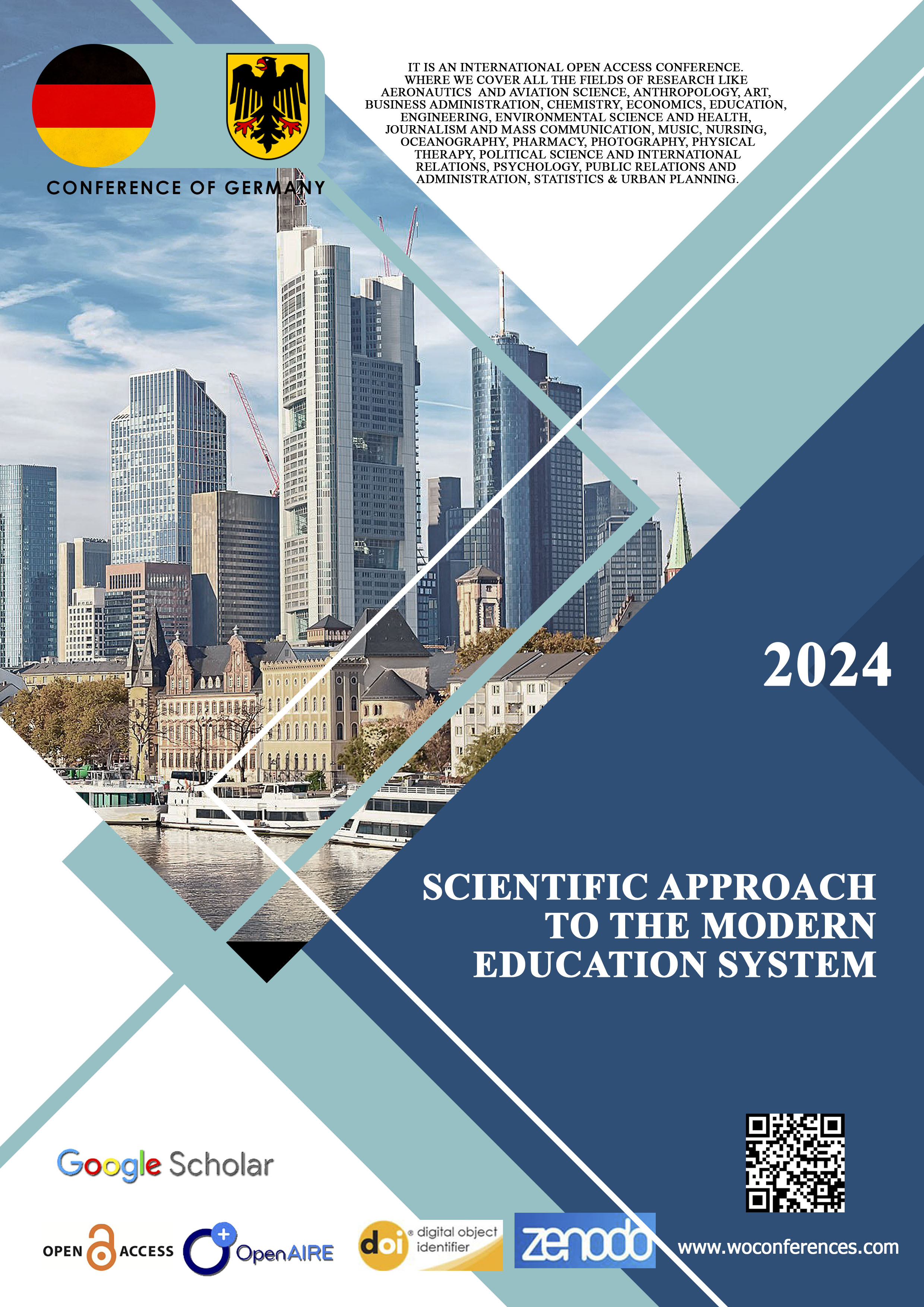ISSUES OF SPIRITUAL DEVELOPMENT AND RACIAL EQUALITY IN BEHBUDI'S PHILOSOPHICAL VIEWS
Abstract
This article analyzes the philosophical legacy of Mahmudkhoja Behbudi, focusing on his views concerning spiritual development and racial equality. The author examines Behbudi’s writings, revealing his commitment to the dignity of the individual, moral standards in society, and equal rights among different nationalities. Rooted in the ideals of national awakening during the Jadid period, these philosophical perspectives remain relevant today. The article highlights the contemporary significance of spiritual and egalitarian values as reflected in Behbudi’s works.
References
References:
1. Alimova D., Rashidova A. Mahmudkhoja Behbudi and His Historical Thought. Tashkent: Academy Publishing, 1999. – p. 7.
2. Masharipova G.K. Source Studies and Historiography of the National Liberation Struggle in Turkestan. Study guide. – Tashkent, 2005. – p. 48.
3. Abdirashidov Z. Mahmudkhoja Behbudi. – Tashkent: Youth Publishing House, 2022.
4. Avazov N. Mahmudkhoja Behbudi – Enlightener. – Tashkent, 1993. – p. 3.
5. Masharipova G.K. The Interrelation of History Teaching Methodology with Other Disciplines. Current Issues in Studying Regional History in the Years of Independence. Tashkent, 2007. – pp. 83–85.
6. Hoji Muin. Selected Works. – Tashkent: Ma’naviyat, 2005. – p. 19.
7. Qahramon Rajabov. Uzbekistan in the 20th Century. Tashkent: Fan, 2024. – p. 120.
8. Naim Karimov. Mahmudkhoja Behbudi. Tashkent, 2010. – p. 22.
9. Mahmudkhoja Behbudi. History and Geography. “Oina,” 1914, pp. 502–505.









